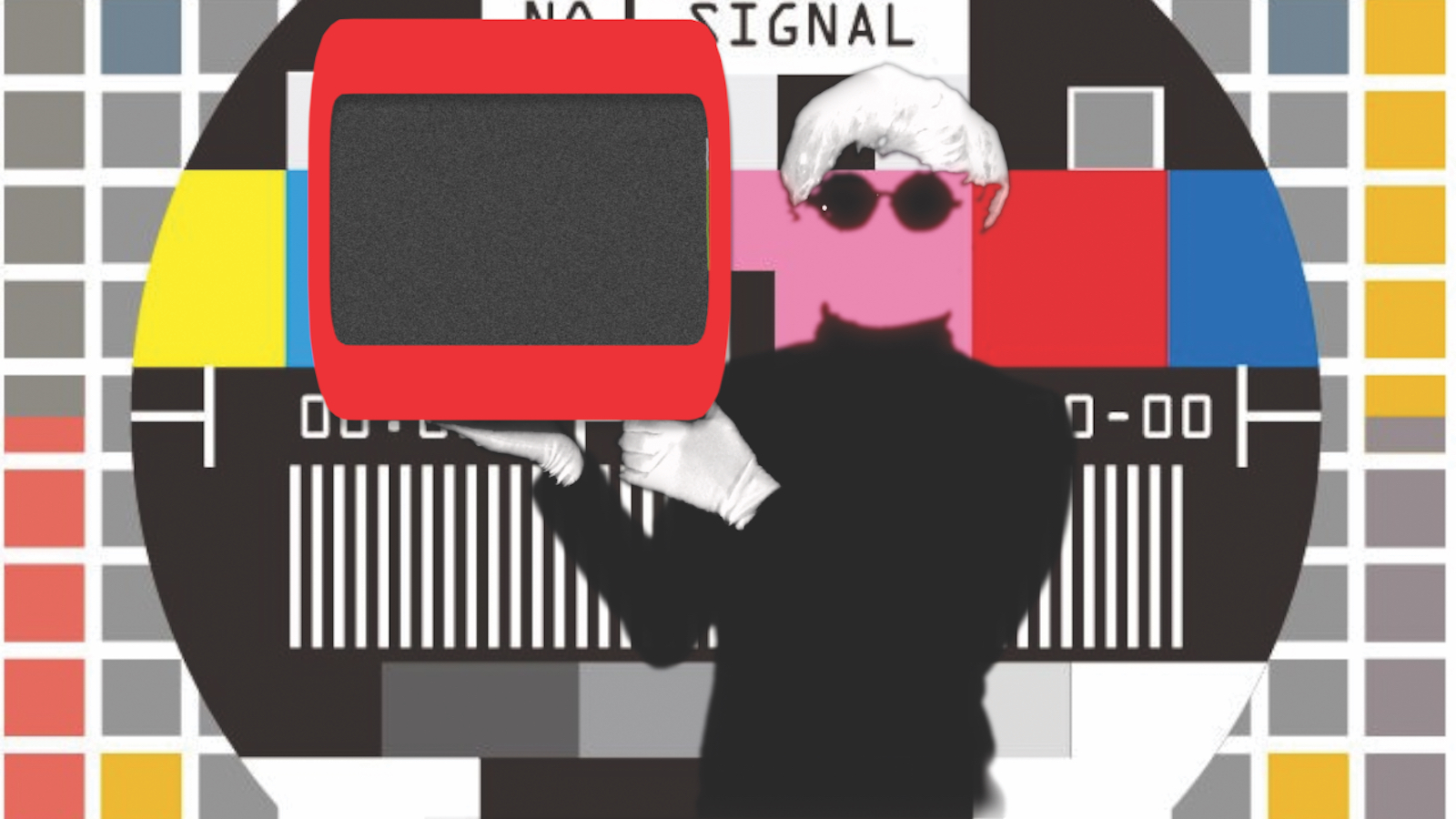Dickie Beau, the androgynous and gender performance alias of Richard Boyce was first showcased to the public on the drag, cabaret and vaudeville, winning the 2012 London Cabaret Award for Best Alternative Performer. His technique of “playback” has its roots in drag culture and the performance of lip-synching, but Dickie uses this as performance rather than imitation. He creates a sense of the uncanny as a recorded voice is just-out-of-synch with the performer embodying and yet failing to manifest the absent ‘presence’.
His digital work began while performing on the London drag and cabaret scene when by coincidence an abandoned cinema was the setting for his show with the screen a prominent set feature. He began to consider ways he could use it in his show resulting in his first digital-live performance piece where he filmed himself as an interviewer and responded to the recording on stage (A Self Portrait, 2009).
Dickie developed his trademark design and performance mannerisms using interviews with Francis Bacon, and developing a unique playback style in which the performance and lip synching go against the drag tradition of using a pop song as a performance of extreme or exaggerated femininity. His audio and video recordings use gay icons as their subject, often at their most vulnerable and flawed state. Researching for his act, he gained rare access to a 5 hour interview with Marilyn Monroe just before her death which had not been publically circulated. This resulted in his show BLACKOUT:Twilight of the Idols (2013); a complete work of multiple personas, a communion with the dead, the past being performed as present and the in/visibility of celebrities and icons.
His technical competence and conceptual ambition through his playback system has been praised by critics and audience alike with Sight and Sound praising his work in ‘This is Not A Dream’ (2013) ‘Best of all are the newly filmed performance pieces from Dickie Beau who reimagines three monologues and transforms them…into arresting works.’ (Alex Davidson, 2014).
